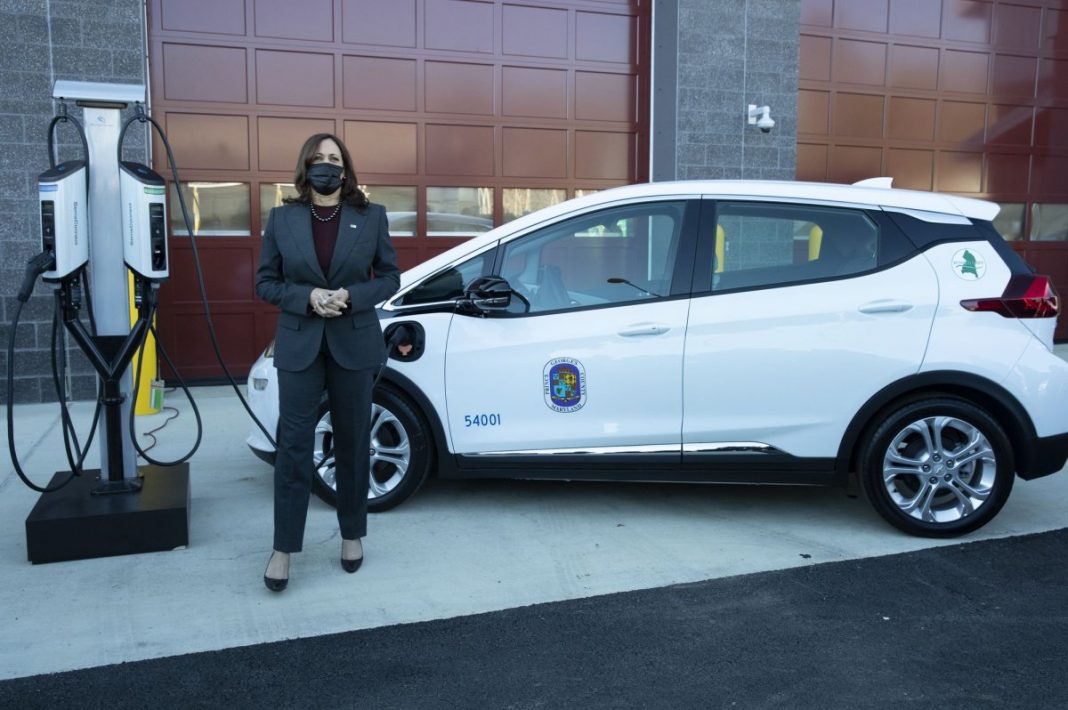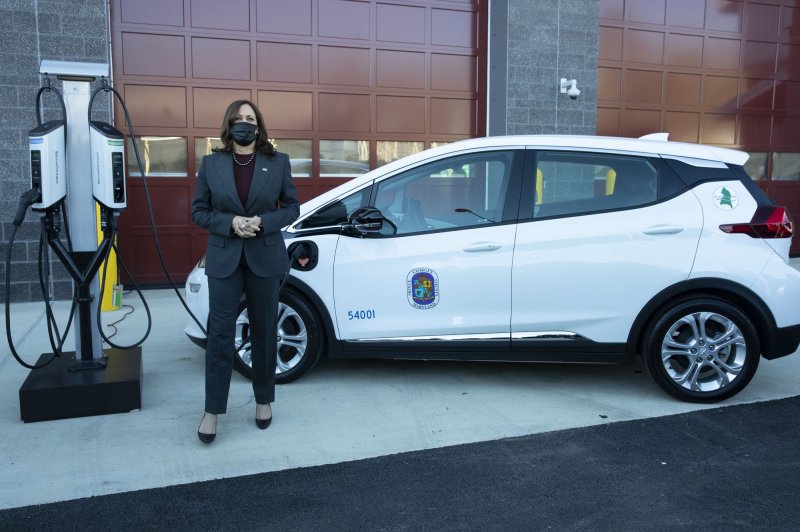Dec. 29 (UPI) — Restrictions on which electric vehicles can be eligible for tax credits under the Inflation Reduction Act will be delayed, the Treasury Department and IRS announced Thursday.
The law that Democrats passed removed caps on how many electric vehicles would be eligible for consumer tax credits, but added new stipulations regarding the manufacturing of and sourcing of minerals for electric vehicle batteries.
The stipulations required that at least 50 percent of the value of the battery components be manufactured or assembled in North America in order to be eligible for a $3,750 credit. Another $3,750 credit is available to electric vehicles if 40 percent of the value of the minerals contained in its battery are mined or processed in countries where the U.S. has a free trade agreement
They were supposed to take effect at the end of the year, but the Treasury said that the guidance will not beg ready until March. Industry stakeholders said that the guidelines surrounding mineral requirements would be particularly difficult to meet.
The White House released a statement today calling the decision “an important step to make electric vehicles affordable and accessible for American families by publishing critical information on the new and revised tax credits for electric vehicles.”
However, West Virginia Senator Joe Manchin criticized the delay, saying that the IRA was meant to reduce dependance on foreign companies.
“The information released today from the Treasury Department outlining how they will be implementing the commercial and consumer EV tax credits bends to the desires of the companies looking for loopholes and is clearly inconsistent with the intent of the law,” he said.
He also called on the department to pause the implementation of the credits until further guidance is issued.

